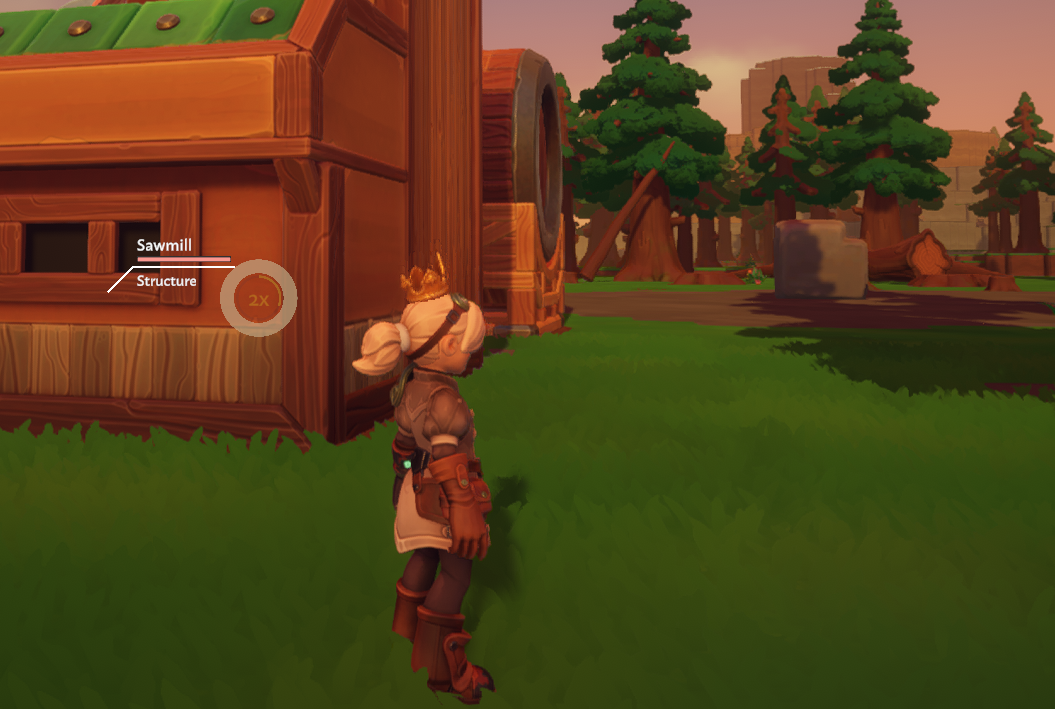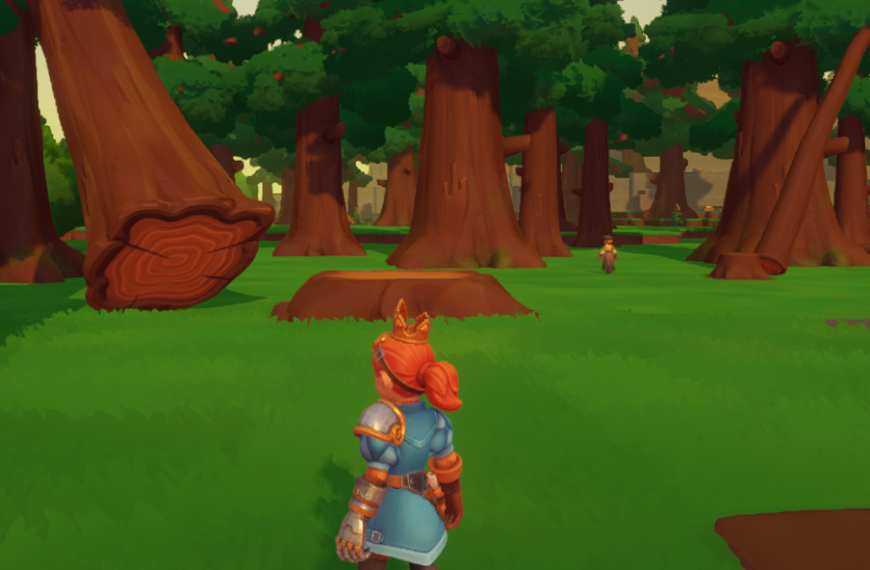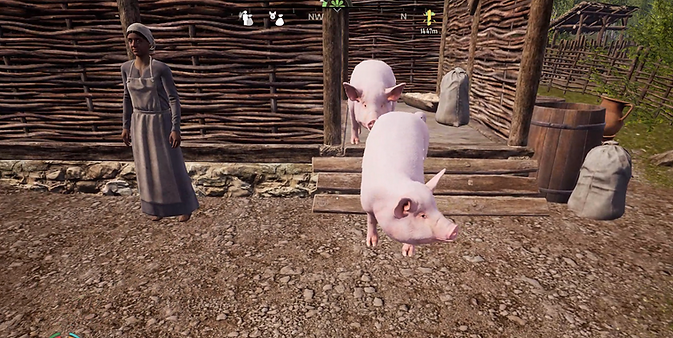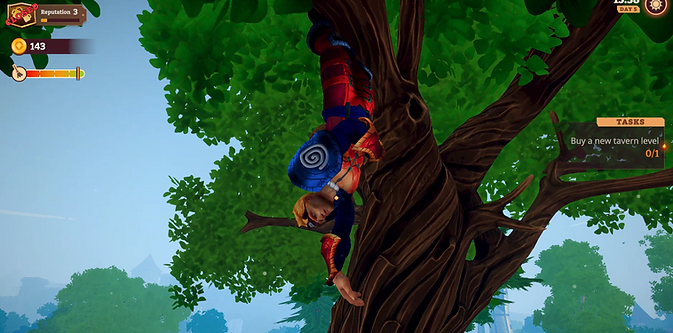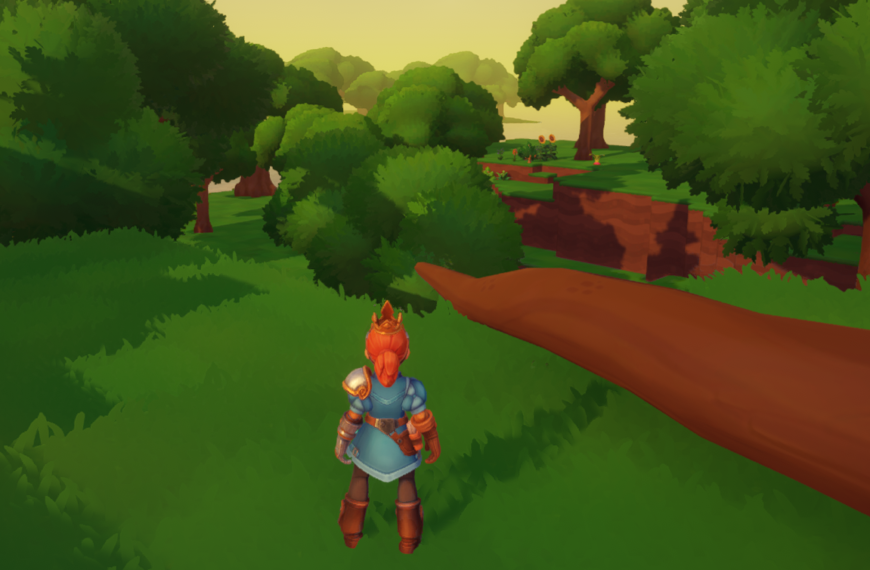Understanding the Dilemma of Unpaid Soldiers
When I first stumbled upon the topic of overthrow and the plight of unpaid soldiers, I wasn’t prepared for the emotional rollercoaster that followed. It piqued my interest during a documentary binge session one stormy weekend. The scenes depicted the struggles of brave men and women who literally put their lives on the line, only to find themselves without pay or support. Heartbreaking, right? I remember sitting there, popcorn forgotten on my lap, feeling frustrated and confused. How can a system meant to protect its own betray them like that?
As I dug deeper, an undeniable narrative emerged: the story of unpaid soldiers isn’t just about a paycheck – it’s about honor, dignity, and the fabric of society. You see, I’ve never served in the military myself, but I did explore various volunteering roles and found that even a slight lack of recognition sometimes felt like a slap in the face. I can’t imagine experiencing that after dedicating so much, putting myself in harm’s way, and then being left high and dry. It’s like signing up for a party and not getting invited!
The Implications of Being an Unpaid Soldier
Unpaid soldiers often grapple with complex emotional and psychological effects. Imagine being deployed, away from family and friends, fighting for a cause you believe in, only to come back home and find that the support you were promised—financially or otherwise—just isn’t there. I think about my friend who volunteered in disaster relief efforts; the feeling of being undervalued or forgotten is real and universal, regardless of the role you play. I once organized a community cleanup, only to later find out that the funding I’d hoped for didn’t come through. The disappointment was palpable, and I felt like I let my team down.
What about those brave soldiers returning home, with families waiting? It has to be gut-wrenching to witness loved ones struggle to make ends meet, all while carrying the burden of having served their country honorably. In discussions I’ve had with veterans at community events, many expressed a deep sense of betrayal that resonates across generations. This isn’t solely about finances; it’s about the emotional toll and the feeling of being abandoned by their own government.
Reasons Behind Non-Payment
You might wonder how something so important could fall through the cracks. One big factor is bureaucracy. Let me tell you, I’ve had my fair share of dealing with red tape, whether it’s applying for grants or dealing with service providers. From the outside, it seems like a simple process, but oh man, when you get into the thick of it, you realize that connections and paperwork piled up can hold a lot of people back. A similar thing happens with military funding; mistakes happen, funds can be misallocated, and chaos ensues.
Another issue is funding issues itself. Economic downturns or political decisions can heavily impact military budgets, which ultimately trickle down to the soldiers. If you’ve ever managed a budget, you’ll know this sinking feeling—we can’t always predict every expense, and sometimes you have to make cuts. But these aren’t just line items on a budget sheet—they’re lives and families dependent on those funds. It’s more than frustrating—it’s maddening.
Practical Tips for Supporting Unpaid Soldiers
If you’re wondering how to pitch in and help, there are some practical ways to make a difference. For one, raise awareness. After my eye-opening weekend with documentaries, I felt compelled to talk about the struggles of unpaid soldiers with my friends. Start small—maybe even write a blog post, or share articles on social media. Trust me, sharing stories can ignite change.
Another way is by volunteering your time or resources. Nonprofit organizations supporting veterans can always use extra hands or donations. I once volunteered for a local shelter and learned so much about community building. It was rewarding in ways I didn’t anticipate! Plus, you’re directly involved in supporting those who have served.
And if you’re in a position to do so, lobby your local representatives or get involved in advocacy efforts. It may sound daunting, but small-town meetings often welcome passionate citizens who care about the community. It’s amazing what raising your voice can accomplish. Learning about legislative changes and rallying for support can feel powerful.
Lessons Learned from the Journey
Reflecting on this journey, the biggest lesson I took is that we need to consistently advocate for those who fight for us. While I may not wear military boots, I can still step up to help create better support for these brave souls.
During one of my community events, a former soldier shared his own story. He emphasized that support doesn’t always mean monetary; it could be as simple as listening or providing guidance when they reinvent themselves after service. After hearing that, I vowed never to take “the power of presence” for granted again.
Ultimately, the plight of unpaid soldiers sheds light on a bigger conversation about social responsibility. If we want change, we must first engage. From my experience, nothing beats a network of educated and aware citizens rallying together for a worthy cause.
In conclusion, while the struggle of unpaid soldiers is heartbreaking and infuriating, we each can play a role in this fight for justice. Whether you’re spreading knowledge, advocating for funding, or supporting veterans with your time, let’s not forget that every effort, no matter how small, can lead to significant change. And who knows? Maybe as we write and share our own experiences, we can contribute to a movement that finally brings long-overdue support and respect to those who have served.
